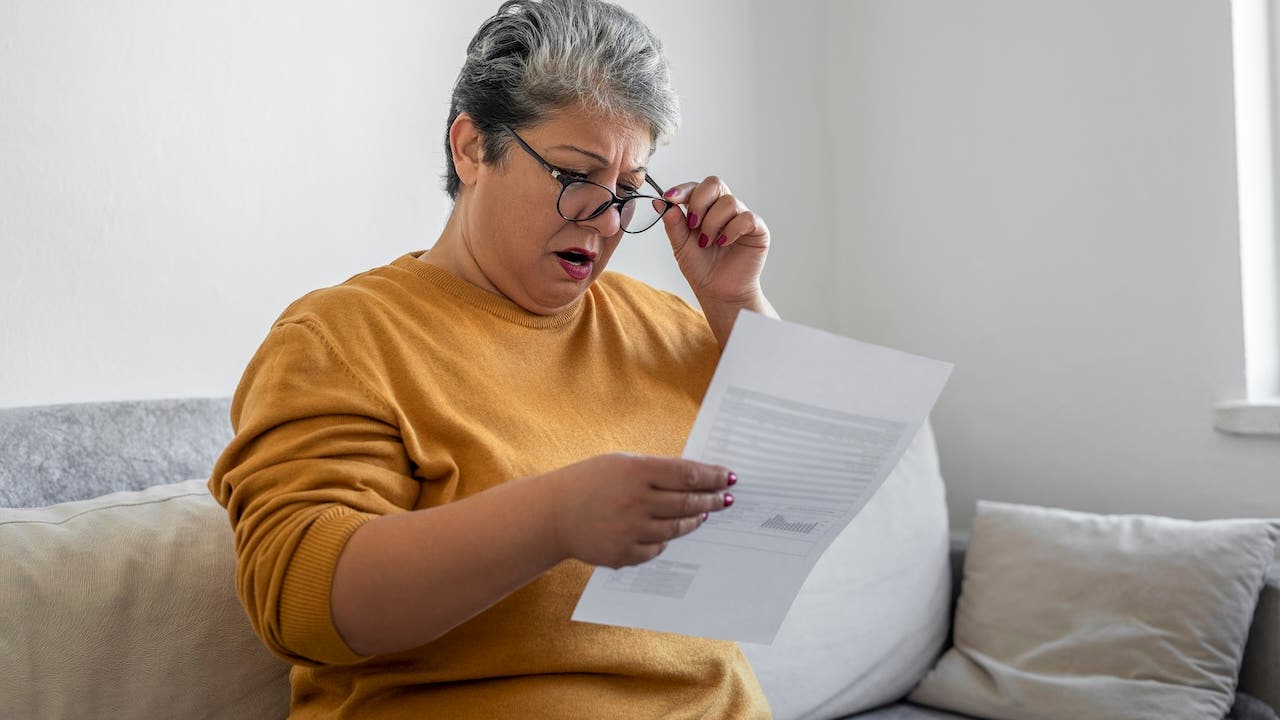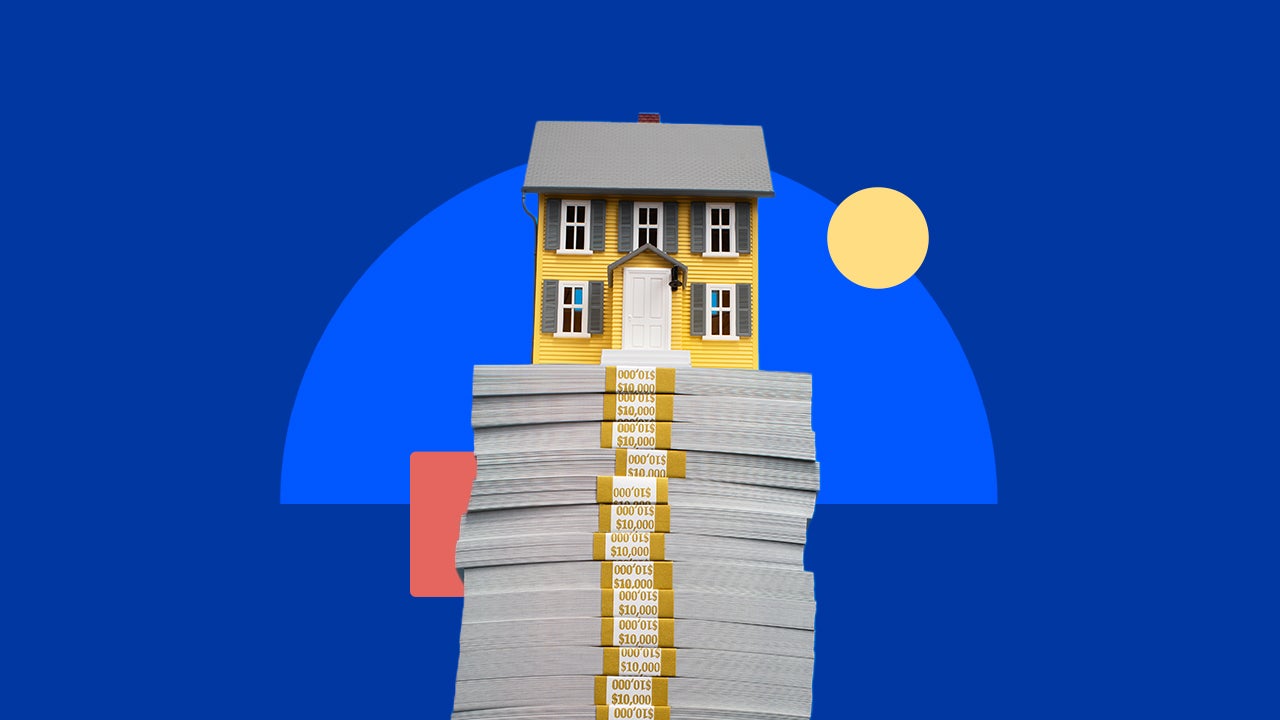Why did my mortgage payment go up?




Key takeaways
- Local and state governments raising property tax rates, home insurance providers increasing premiums and lenders offering rate buydowns may trigger a mortgage payment increase.
- Your monthly mortgage payment can change unexpectedly, even with a fixed-rate mortgage.
- If your mortgage payment goes up, you can take certain actions to mitigate the increased costs, such as refinancing to a lower rate or shopping around for cheaper home insurance.
Even with a fixed-rate mortgage, your mortgage payment might change incrementally over time. From changes in homeowners insurance to escrow shortfalls, here are some factors that can trigger a mortgage payment increase.
Why did my mortgage payment go up?
Your monthly mortgage payment can go up for a number of reasons, including:
Changes to homeowners insurance
Some homeowners pay for homeowners insurance premiums with their monthly mortgage payment. If your homeowners policy changes — higher premiums or a new policy, for example — your overall mortgage payment would also change.
Changes to property taxes
Many homeowners also pay property taxes as part of their monthly mortgage payment, so any change in property taxes causes the mortgage payment to change, too. Property taxes may fluctuate up or down in a given year based on a homeowner’s tax-assessed value.
Property tax rates change due to government policy decisions, rising or declining home values and reassessments, and even when homeowners renovate or improve their property. In addition, if you have a property tax exemption and it expires, your mortgage payment could increase.
“If your home’s value is reassessed and the taxes go up, or if your insurance premium increases due to inflation or updated coverage, your lender will adjust your monthly payment,” says Carl Holman, communications manager at A&D Mortgage. “It’s not fun to see your payment jump, but it’s usually tied to these kinds of adjustments.”
Changes to escrow
Most mortgage lenders establish an escrow or impound account to pay homeowners insurance, property taxes or both on behalf of borrowers. As the borrower, you’ll pay into the escrow account as part of your monthly mortgage payment.
Typically, lenders structure the escrow payments to collect the maximum allowable amount of funds to pay these expenses, but there might be a shortage if insurance or taxes increase. This can lead to a higher monthly payment.
“Sometimes the issue is your escrow itself,” says Matt Schwartz, branch manager for Southlake Mortgage. “If there’s a shortage in the account because taxes or insurance cost more than expected, your lender will raise your payment to make up the difference. It’s frustrating, but it’s how they keep everything balanced.”
Changes in interest rate
Aside from homeowners insurance and property taxes, your monthly mortgage payment is made up of both principal (the amount you borrowed) and interest. If your mortgage interest rate changes, your payment will, too. The rate could change due to:
- Refinancing – When refinancing your mortgage, you’ll get a whole new loan with a new interest rate, either higher or lower than the rate you had. Depending on the new refinance rate, the refinanced balance and the new term, your monthly payment could increase or decrease.
- Adjustable-rate mortgage (ARM) reset – ARMs come with variable interest rates that change over time at predetermined intervals. With each rate adjustment, your monthly payment could shift up or down.
- Buydown expiration – Some borrowers benefit from a temporary rate buydown, or a lower interest rate, lasting anywhere from one to three years. When the buydown ends, the rate rises, and so does the monthly payment.
“Even with a fixed-rate loan, you might see an increase (in your monthly mortgage payment) if you had a temporary buydown that’s now expired or if you refinanced into a higher-rate loan to access cash or pay off debt. It’s all tied to how your loan terms are structured,” Holman says.
Changes in fees
If you’re late or miss a mortgage payment, your lender might charge a late fee and add it to the next payment, temporarily increasing your mortgage bill.
“It’s always a good idea to keep an eye on your statements and address any unexpected charges right away,” Holman says.
Certain mortgage types
The type of mortgage you have can also impact your payment. The payments on a construction loan, for example, change as you progress through the different stages of the build, and again when you finish the project and convert the loan to a permanent mortgage. Likewise, balloon mortgages, graduated payment mortgages and interest-only mortgages have varying payment structures, often with cheaper payments to start.
Can my mortgage payment go down?
There are some instances when your mortgage payment might decrease, most commonly when you refinance to a lower rate and/or longer term. It could also become less expensive if you switch to a cheaper homeowners insurance policy, or if your property taxes go down, though that scenario is less likely. Another case when your payment might decrease: cancelling private mortgage insurance, or PMI.
FAQs
Why we ask for feedback Your feedback helps us improve our content and services. It takes less than a minute to complete.
Your responses are anonymous and will only be used for improving our website.




